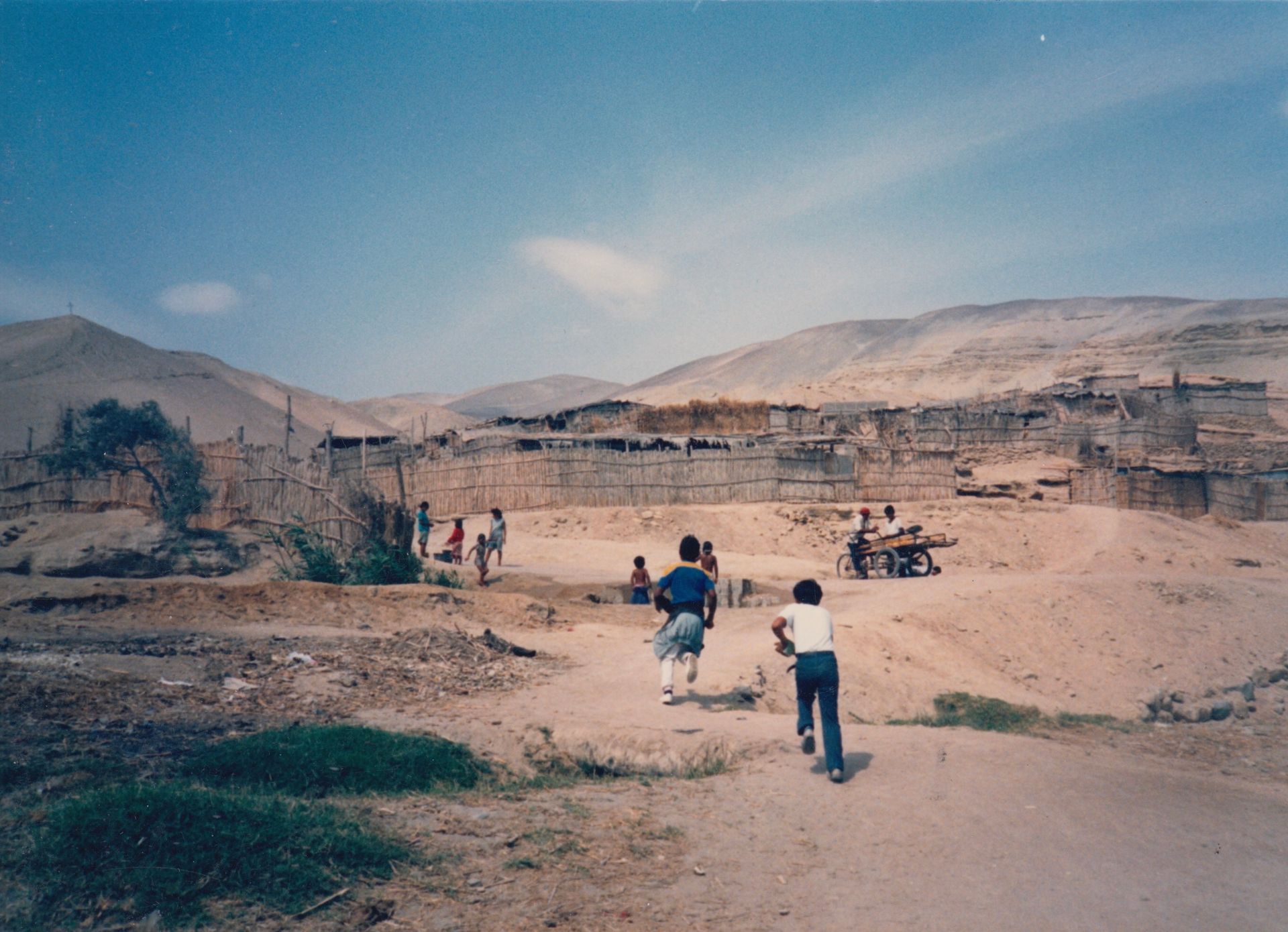Why God?
There is no task without sufficiency of grace; no foe without a sufficiency of victorious power

There are times in our lives when we are disposed to find fault with God. “Why, Great Potter, hast thou made me thus? Why was I ever taken out of my quiet home, or country parish, or happy niche of service, to be plunged into this sea of difficulties?”
When we are smarting from some defeat, caused by the overpowering might or the clever strategy of the foe, we are prone to blame God; either that our nature was not stronger, or that he has brought us from the shelter of comparative obscurity and placed us on the mountain slope where the storms expend their wildest fury.
Alas! we forget that our Father brings us across the Jordan to give us larger experiences, to open before us vaster possibilities, to give us a better chance of acquiring his unsearchable riches. There is no task without sufficiency of grace; no foe without a sufficiency of victorious power; no trial without a sufficiency of resource by which, as in the old dream of the alchemist, the hardest, commonest metal may be transformed to gold.
F. B. Meyer, Joshua and the Land of Promise (New York; Chicago; Toronto: Fleming H. Revell, 1893), 90–91.











